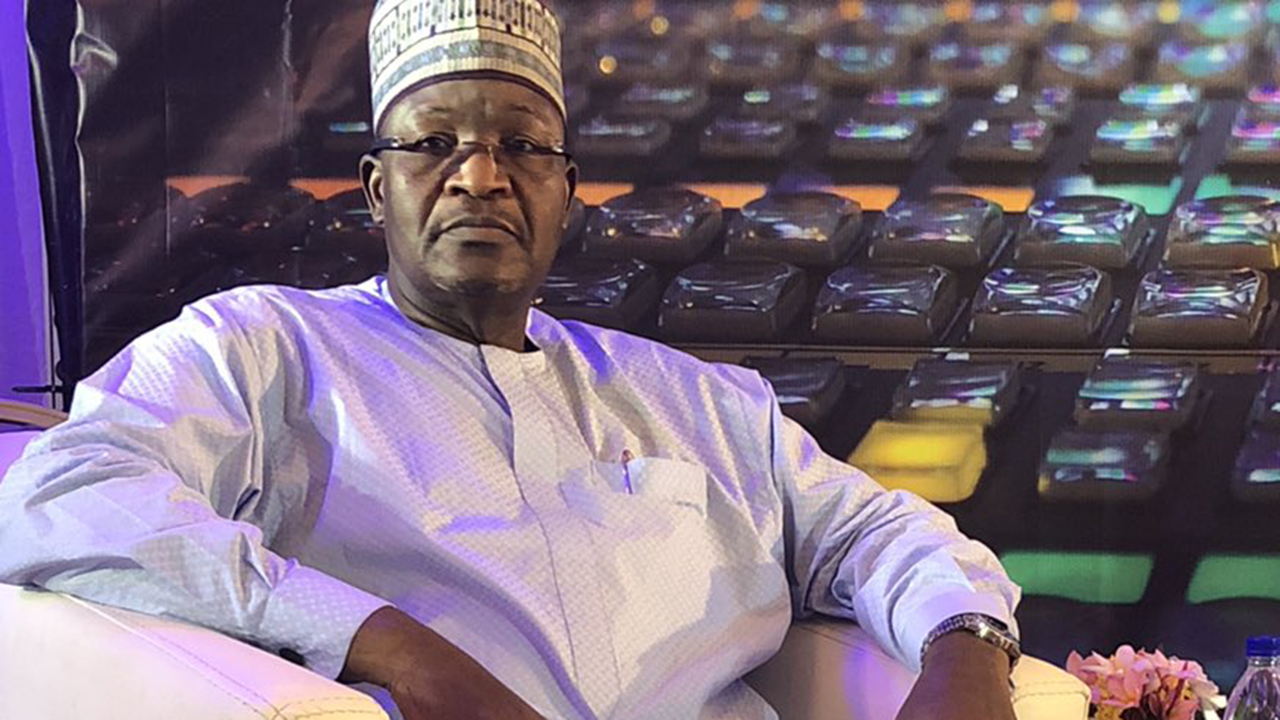The Director, Banking and Payments System Department of the Central Bank of Nigeria (CBN), Mr. Dipo Fatokun has opened up, revealing that transactions and payments conducted on cards have become the fastest growing payments instrument since 2010.
Speaking at forum recently on the scorecard of e-payment system in the country and efforts of his department to deepen e-payment culture, he said “Cheque use has declined consistently and significantly due to overbearing pressure from card transaction”.
“Debit cards accounted for the highest share 45.7 per cent of global e-payment transactions and were also the fastest growing at 12.8 per cent of payment instrument in 2014. In the past, it used to be credit card because people were not really aware that when they used credit card to make payment, they were actually spending into the future.
In Nigerian, electronic payments industry has been evolving in line with the evolution in global payments in both wholesale and retail systems. Banks, payment service providers (PSPs), and the CBN have played various roles in developing the payments system and creating products and channels for electronic payments. To start with, as you know, electronics payment is any form of payment where an electronic system is used to initiate, authorise and confirm the transfer of money between two parties. This could be for various reasons, such as payment for goods and services, settlement of obligations, gifts and so on.
Analysts say electronic payments are enabled by a network of interconnected systems, which make it possible for exchanges of value between payer and payee, sender and receivers or donor and done. Banks, PSPs, financial authorities and central bank play various roles in developing the payments system infrastructure to drive electronic payments that is nationally utilised.
Fatokun noted that “Over time, people got to know that the use of credit card often comes at a cost. It is like taking a loan. You don’t only have to pay on what you do not have, you have to pay interest”.
While stressing that “Cash is king”, he was however, quick to aver that “Cash usage remained high despite increased adoption of digital payments and it is also postulated that instant payments would replace cheques and cash”.
The CBN official observed that however, “Apart from that, there are many other problems, such as low financial inclusion, illiteracy, huge informal market/informal sector that have made cash the king, particularly in Nigeria. In many countries of the world, you would be surprised that, even in some advanced countries, cash is still the king. So it means that just as we have a lot to do in Nigeria, other countries also has a lot to do. But our own work is higher than theirs for obvious reasons”.









